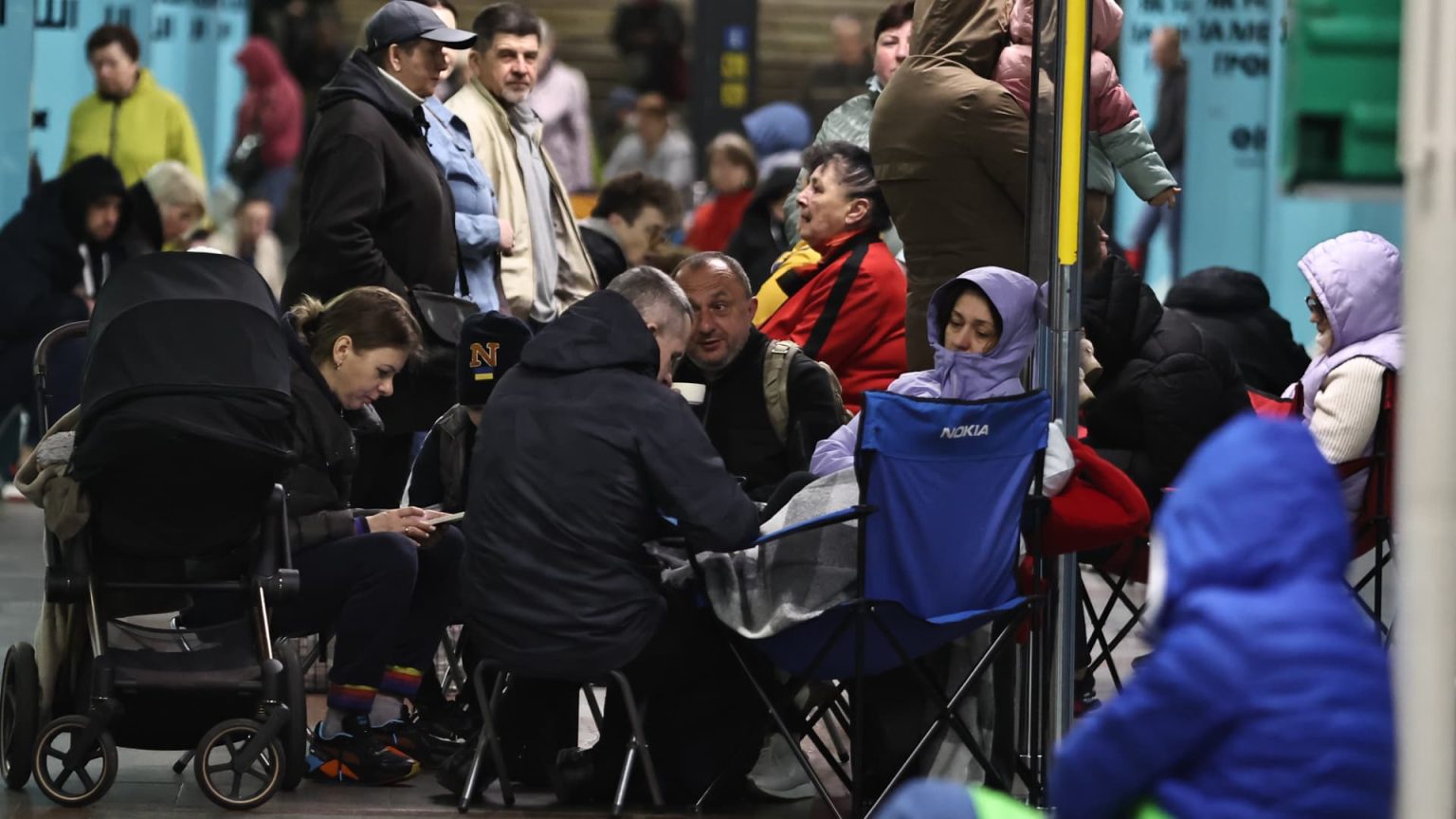Russian strikes in Ukraine have destroyed the Trypilska thermal power plant near Kyiv, leaving over 200,000 people without power in the Kharkiv region. Efforts to contain a large-scale fire in the turbine area of the facility are ongoing, with Russian forces using drones and missiles to target energy infrastructure. Switzerland has announced plans to host a peace summit in June to address the conflict in Ukraine, but Russia has stated it will not attend, citing concerns over the proposed peace formula.
The Russian Foreign Ministry has advised its citizens against traveling to the Middle East, specifically warning against travel to Israel, Lebanon, and the Palestinian territories. The tense situation in the region, particularly in the Palestinian-Israeli conflict zone and the Blue Line area between Lebanon and Israel, has prompted the advisory. Meanwhile, Ukrainian President Volodymyr Zelenskyy has emphasized the need for air defenses following Russian drone and missile strikes on critical infrastructure in multiple regions across Ukraine.
Following the latest Russian attacks in the Kharkiv region, where thousands of people were left without power, Ukraine’s President Zelenskyy called on allied countries to deliver air defense systems and fighter jets to better protect cities from Russia’s onslaught. The ongoing conflict has led to shortages in Ukraine, particularly with reported deficiencies in manpower and critical artillery shells. Photos from the war zone in Ukraine show the destruction caused by Russian attacks, while Russia’s Orsk oil refinery has declared force majeure on fuel supplies due to widespread floods in the region.
The water level in the Ural River in the city of Orenburg has reached a dangerously high level, causing widespread flooding in southern Russia. Evacuations have been initiated, with over 1,900 households flooded and 865 people evacuated from the city. The situation remains critical as the water level continues to rise, exceeding all previous records. The ongoing conflict in Ukraine, coupled with natural disasters like floods, further exacerbates the humanitarian crisis in the region as efforts to contain and address the various challenges continue.


